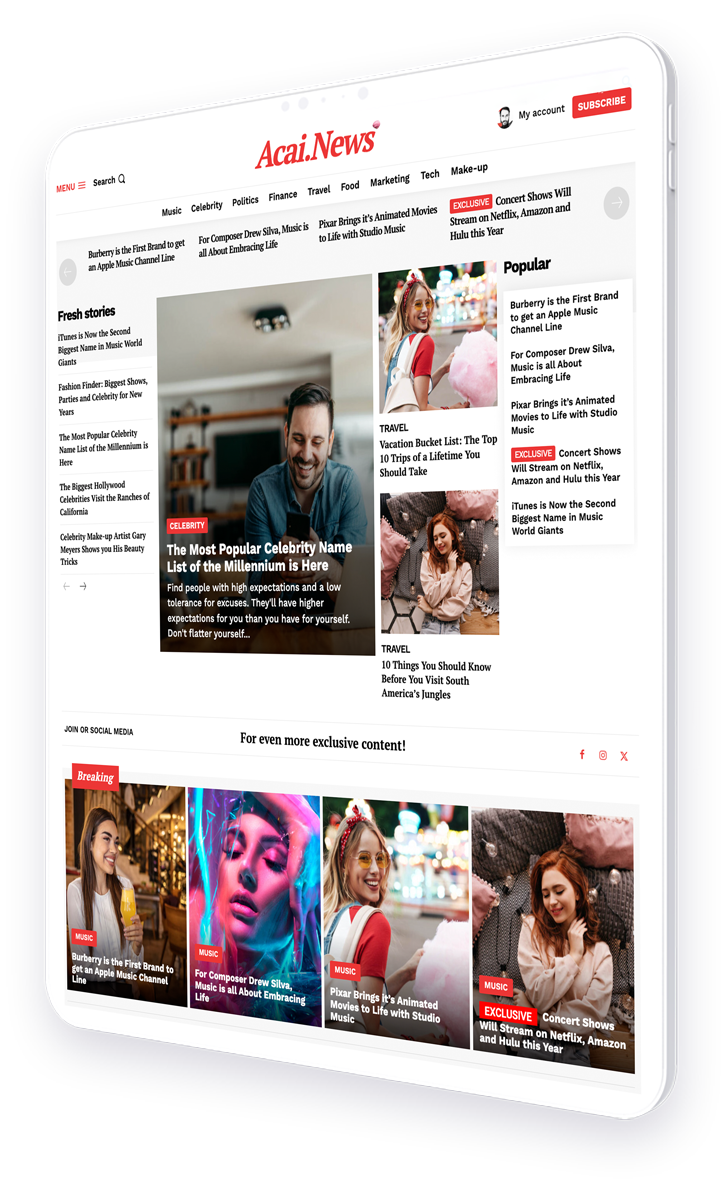AI techniques for tailoring articles to different audience segments
In today’s digital age, the ability to tailor content to specific audience segments is not just a luxury—it’s a necessity. With the rise of artificial intelligence (AI), magazine publishers have a powerful tool at their disposal to optimize content for every buyer persona. AI techniques can help in understanding audience preferences, predicting trends, and delivering personalized content that resonates with readers. This article explores how AI can be leveraged to enhance magazine content, ensuring it meets the diverse needs of different audience segments.
Understanding Buyer Personas
Before diving into AI techniques, it’s crucial to understand what buyer personas are. Buyer personas are semi-fictional representations of your ideal customers based on data and research. They help in understanding the needs, behaviors, and concerns of different audience segments. By creating detailed buyer personas, magazine publishers can tailor their content to meet the specific interests and preferences of each group.
AI Techniques for Tailoring Content
AI offers a range of techniques that can be used to optimize magazine content for different buyer personas. Here are some of the most effective methods:
- Natural Language Processing (NLP): NLP allows AI to understand and interpret human language. By analyzing text data, AI can identify the topics and themes that resonate with different audience segments.
- Machine Learning Algorithms: These algorithms can analyze reader behavior and preferences, helping publishers predict what type of content will be most engaging for each persona.
- Content Recommendation Systems: AI-powered recommendation systems can suggest articles and topics that align with the interests of specific buyer personas, increasing reader engagement.
- Sentiment Analysis: By analyzing reader feedback and comments, AI can gauge the sentiment of the audience and adjust content strategies accordingly.
Case Studies: Successful AI Implementation in Magazine Publishing
Several magazine publishers have successfully implemented AI to optimize their content. Here are a few examples:
- Forbes: Forbes uses AI to analyze reader data and deliver personalized content recommendations. This approach has led to increased reader engagement and higher subscription rates.
- The New York Times: The New York Times employs machine learning algorithms to understand reader preferences and tailor content accordingly. This has resulted in a more personalized reading experience and improved customer satisfaction.
Statistics: The Impact of AI on Content Personalization
Research shows that AI-driven content personalization can have a significant impact on reader engagement and satisfaction. According to a study by McKinsey & Company, companies that excel at personalization generate 40% more revenue from those activities than average players. This highlights the potential of AI in driving business growth through personalized content.
Challenges and Considerations
While AI offers numerous benefits, there are also challenges to consider. Data privacy and security are major concerns when using AI to analyze reader data. Publishers must ensure they comply with data protection regulations and maintain transparency with their audience. Additionally, the implementation of AI requires significant investment in technology and expertise, which may be a barrier for smaller publishers.
Conclusion: Embracing AI for a Personalized Future
In conclusion, AI presents a powerful opportunity for magazine publishers to optimize their content for every buyer persona. By leveraging AI techniques such as NLP, machine learning, and sentiment analysis, publishers can deliver personalized content that resonates with their audience. While there are challenges to overcome, the potential benefits of AI-driven content personalization are immense. As the digital landscape continues to evolve, embracing AI will be key to staying competitive and meeting the diverse needs of readers.
By understanding and implementing these AI techniques, magazine publishers can create a more engaging and personalized reading experience, ultimately driving reader loyalty and business growth.




